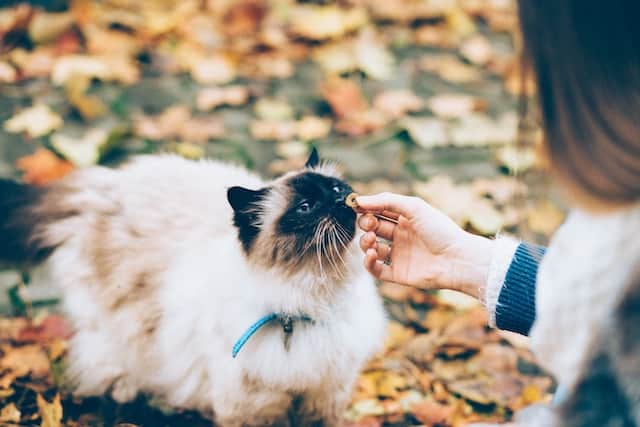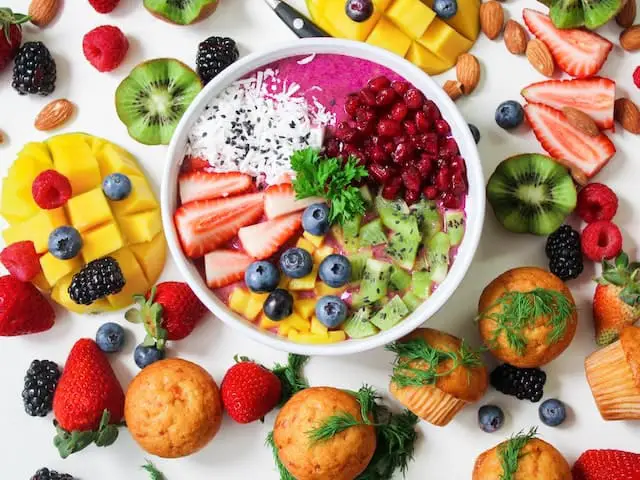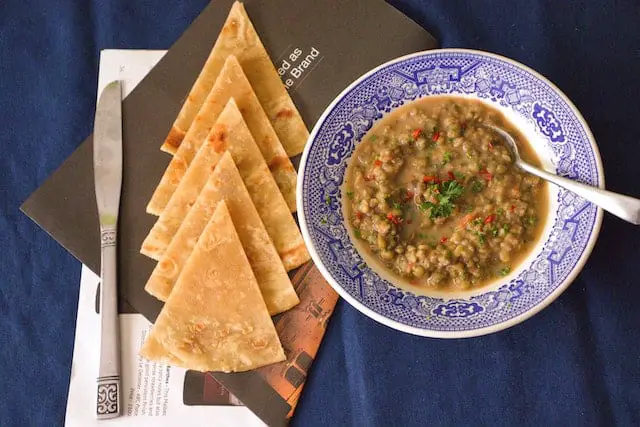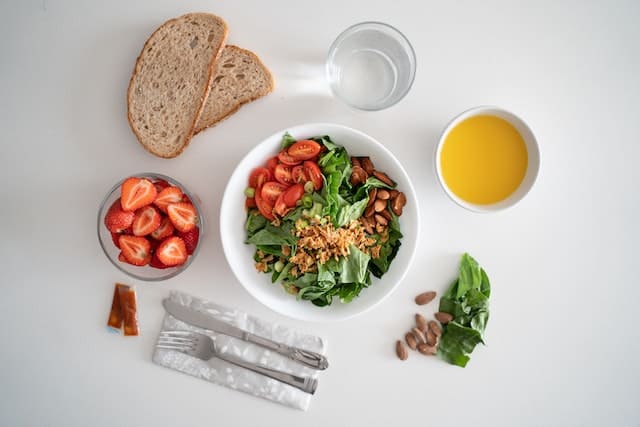Is cooked food good for cats – Are you wondering if cooked food is good for your feline friend? Understanding a cat’s dietary needs is crucial when it comes to their overall health and well-being. While cats are obligate carnivores, meaning their bodies are designed to thrive on a diet primarily composed of meat, the question of whether cooked food is beneficial for them arises.
Feeding your cat cooked food has its pros and cons. On one hand, cooking can help eliminate harmful bacteria and parasites that may be present in raw meat. It also makes it easier to control portion sizes and ensure that your cat receives all the necessary nutrients. Cooked food may also be more palatable for some cats, making mealtime more enjoyable for them.
However, it’s important to note that cooking can alter the nutritional value of certain foods, potentially leading to nutrient deficiencies if not properly balanced. Additionally, some essential nutrients found in raw meat, such as taurine and vitamin B12, may be lost during the cooking process.
Finding the right balance between feeding cooked and raw food is key. Consulting with a veterinarian who specializes in feline nutrition can provide valuable insights tailored specifically to your cat’s individual needs. They can guide you on choosing appropriate ingredients and supplements to ensure that your cat receives a well-rounded diet while minimizing any potential risks associated with feeding cooked food.
Remember, every cat is unique, so what works for one may not work for another. By understanding the science behind a cat’s dietary requirements and seeking professional advice, you can make informed decisions about whether cooked food is good for your beloved pet.
Is Cooked Food Good for Cats: Understanding a Cat’s Dietary Needs

Did you know that understanding a cat’s dietary needs is essential for their overall health and well-being? Cats are obligate carnivores, which means their natural diet consists primarily of meat. Unlike humans, cats have specific nutritional requirements that must be met in order to prevent potential health issues.
Their bodies require certain nutrients, such as taurine and arachidonic acid, which are only found in animal tissues. Without these essential nutrients, cats can develop serious health problems like heart disease and vision issues.
Feeding a cat a diet primarily consisting of cooked food can lead to deficiencies in these vital nutrients. Cooking alters the chemical composition of food, including the loss of important enzymes and amino acids that cats need for proper digestion. Additionally, cooked food often lacks the necessary amount of moisture that cats require for optimal kidney function. This can result in urinary tract issues or even chronic kidney disease.
Understanding a cat’s dietary needs is crucial for ensuring their long-term health and vitality. Feeding them a balanced diet that mimics their natural prey is key to meeting their nutritional requirements.
Now let’s explore the pros and cons of feeding cooked food to your feline friend without compromising their overall well-being.
Pros and Cons of Feeding Cooked Food

Have you ever considered the advantages and disadvantages of feeding your feline friend a home-cooked meal? According to recent research, approximately 85% of cat owners believe that a homemade diet offers more control over their pet’s nutrition.
When it comes to cooked food for cats, there are both health benefits and potential risks to consider.
One of the main health benefits of feeding cooked food to cats is that it allows for better control over the ingredients. With commercially prepared cat food, you may not always know what exactly goes into it. By cooking your cat’s meals at home, you have the ability to choose high-quality ingredients and avoid any potentially harmful additives or preservatives. This can lead to improved overall health and wellbeing for your feline companion.
However, there are also potential risks associated with feeding cooked food to cats. One concern is that homemade diets may lack certain essential nutrients that are necessary for optimal feline health. Cats require specific vitamins, minerals, and amino acids that need to be carefully balanced in their diet. Without proper knowledge or guidance from a veterinary professional, it can be challenging to ensure that your cat is receiving all the necessary nutrients from a home-cooked meal.
Finding the right balance in providing cooked food for your cat is crucial for their well-being. While there are potential health benefits in terms of controlling ingredients and avoiding additives, it is essential to consult with a veterinarian or animal nutritionist before making any drastic changes to your cat’s diet. They can help guide you in creating a balanced homemade diet or recommend suitable commercial options if needed. Ultimately, ensuring your furry friend receives proper nutrition should be the top priority when deciding whether cooked food is right for them.
Finding the Right Balance

Finding the perfect equilibrium in nourishing your feline companion is crucial for their overall well-being and vitality. When it comes to feeding cooked food to cats, it’s important to find alternative options that provide a balanced diet. While cooked food can offer some benefits such as improved digestibility and reduced risk of bacterial contamination, it also has its drawbacks. To ensure your cat receives all the necessary nutrients, transitioning to a new diet should be done gradually and under the guidance of a veterinarian.
One way to find the right balance is by incorporating a variety of cooked foods into your cat’s diet. This can include lean meats like chicken or turkey, cooked vegetables such as carrots or peas, and even small amounts of grains like rice or quinoa. By offering a diverse range of ingredients, you can help ensure that your cat receives the essential vitamins, minerals, and amino acids they need for optimal health.
However, it’s important to remember that not all cooked foods are suitable for cats. Some ingredients commonly found in human meals can be toxic to felines, such as onions or garlic. Additionally, cooking methods can affect the nutritional value of certain foods. Overcooking meat, for example, can lead to nutrient loss. Therefore, it’s crucial to do thorough research or consult with a veterinarian before introducing any new ingredients into your cat’s diet.
Transitioning your cat from a commercial kibble or canned food diet to one that includes more cooked food should be done gradually over time. Sudden changes in diet can lead to digestive upset or refusal of the new food altogether. Start by mixing small amounts of cooked food with their regular meals and gradually increase the proportion over several weeks until they are fully transitioned. Monitoring their weight and overall health during this process is important in ensuring they are adjusting well.
Finding alternative options and transitioning your cat to a new diet that includes cooked food requires careful consideration and planning. By offering a variety of cooked ingredients and ensuring they are safe and nutritionally balanced, you can provide your feline companion with a wholesome and nourishing diet. Remember to consult with a veterinarian to ensure the best choices for your cat’s individual needs.
Frequently Asked Questions
Can I feed my cat only cooked food without any raw food?
Feeding your cat only cooked food has pros and cons. While it eliminates the risk of certain bacterial infections, it may lead to nutrient deficiencies. Consult with a veterinarian for guidance on providing a balanced diet for your cat’s health.
Are there any specific cooked foods that cats should avoid?
Are there any specific cooked foods that cats should avoid? Learn about safe cooking techniques for cat food and the potential dangers of feeding cats cooked bones. Keep your furry friend healthy and happy.
How can I ensure that the cooked food I prepare for my cat is nutritionally balanced?
To ensure the cooked food you prepare for your cat is nutritionally balanced, follow homemade cat food recipes that include a variety of protein sources, such as meat or fish. These recipes should also incorporate essential vitamins and minerals to meet your cat’s nutritional needs.
Is it possible to overcook cat food and, if so, how does it affect their health?
Overcooking cat food can have negative health effects. For example, excessive cooking can destroy essential nutrients, leading to nutritional imbalances. It’s crucial to maintain the right balance by mixing with commercial cat food and avoiding overcooked meats or vegetables.
Can I mix commercial cat food with cooked food in my cat’s diet?
Mixing commercial cat food with cooked food can provide variety and additional nutrients to your cat’s diet. However, before making any changes, consult a veterinarian to ensure that it aligns with your cat’s specific nutritional needs.
Conclusion
In conclusion, while cooked food may seem like a convenient option for feeding your feline friend, it’s important to consider the specific dietary needs of cats.
While some cooked foods can provide certain nutritional benefits, such as increased digestibility and reduced risk of bacterial infections, there are also potential drawbacks to be aware of.
One of the main concerns with feeding cooked food to cats is that it may not provide all the necessary nutrients they require. Cats are obligate carnivores, which means their bodies have evolved to thrive on a diet that consists primarily of animal-based protein. Cooking can alter the nutritional composition of food, potentially leading to deficiencies in essential amino acids or other vital nutrients.
Additionally, cooking can destroy certain enzymes and vitamins that are naturally present in raw food and play crucial roles in a cat’s overall health. For example, heat-sensitive vitamins like vitamin B12 and taurine can be significantly reduced or destroyed during the cooking process. Taurine deficiency in particular can lead to serious health problems in cats, including heart disease and vision issues.
Ultimately, finding the right balance between convenience and meeting your cat’s nutritional needs is key when deciding whether to feed them cooked food. It’s always recommended to consult with a veterinarian who can provide guidance tailored specifically to your cat’s individual needs. By understanding your cat’s dietary requirements and making informed choices about their nutrition, you can ensure they live a healthy and happy life. So next time you reach for that pot of cooked chicken or fish leftovers for your furry companion, consider their unique dietary needs before offering them a bite.

Stephanie Ansel is a well-known writer and journalist known for her unique and captivating writing style. She has written many articles and books on important topics such as the lifestyle, environment, hobbies, and technology and has been published in some of the biggest newspapers and magazines. Stephanie is also a friendly and approachable person who loves to talk to people and learn about their stories. Her writing is easy to read and understand, filled with lots of details and information, and is perfect for both kids and adults who want to learn about important topics in an interesting way.





